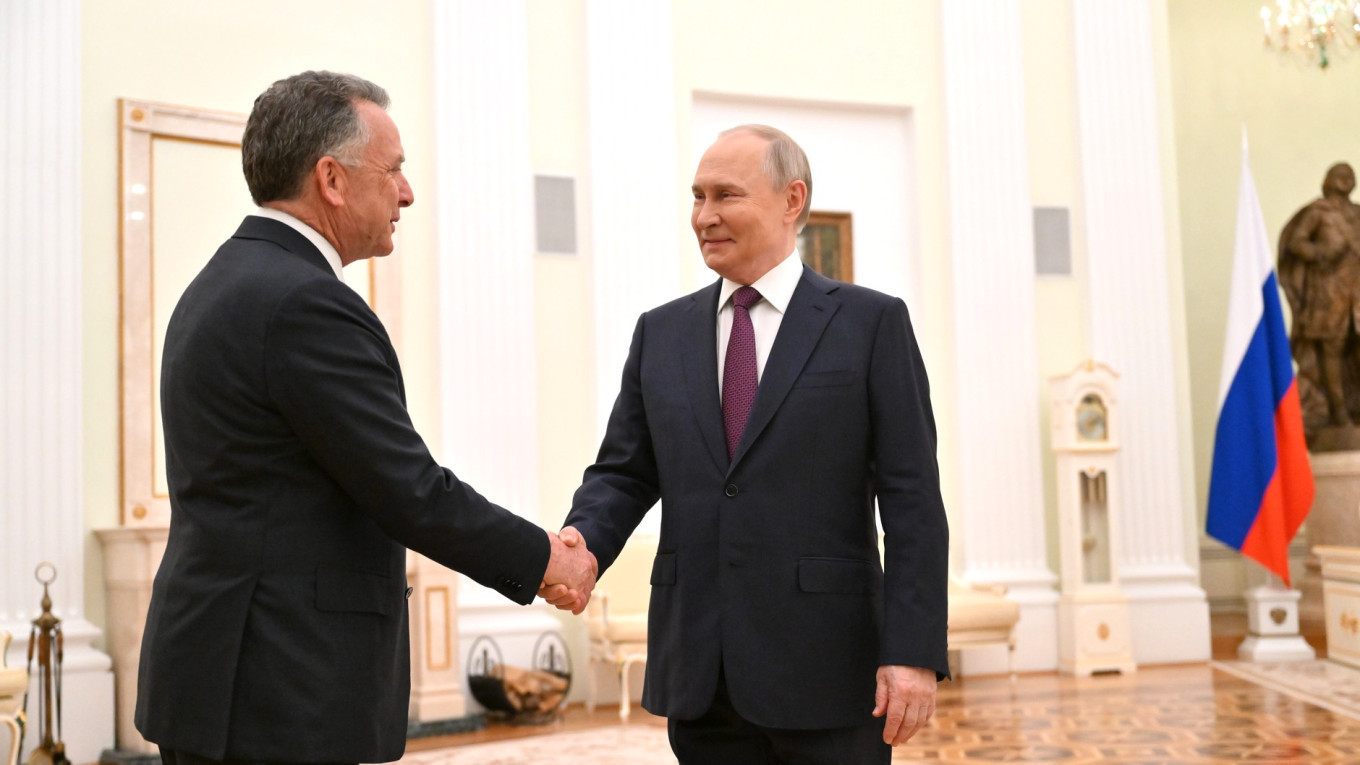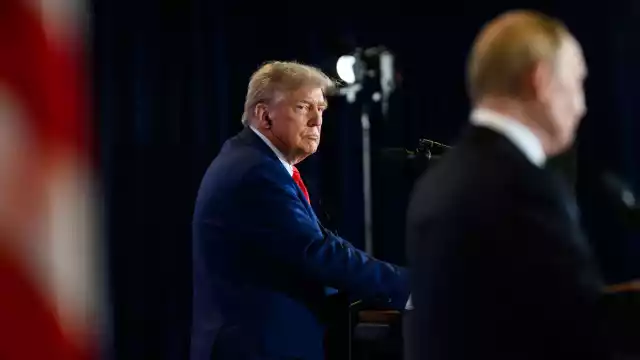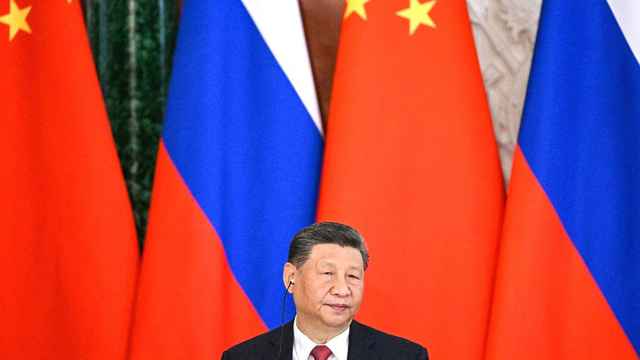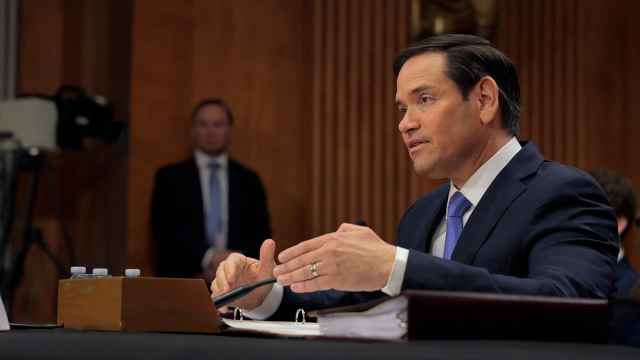U.S. President Donald Trump said on Sunday that his special envoy Steve Witkoff could visit Russia in the coming days, ahead of the Aug. 8 deadline he set for Moscow to end its war on Ukraine or face new sanctions.
“He may be going. I think next week, Wednesday or Thursday. He may be going to Russia,” Trump told reporters. “They [in Russia] would like to see him. They've asked that he meet.”
He did not specify whether Witkoff, who has traveled to Russia several times since Trump took office in January, would meet with President Vladimir Putin.
When asked what Witkoff’s message would be to Moscow, and if there was anything Russia could do to avoid new sanctions, Trump replied: “Yeah, get a deal where people stop getting killed.”
The Kremlin on Monday neither confirmed nor denied that a visit by the U.S. envoy would take place this week, saying only that it was “always glad to see Mr. Witkoff in Moscow.”
Trump also told reporters on Sunday that two nuclear submarines he deployed in response to online comments by Russian Security Council Deputy Chairman Dmitry Medvedev were now “in the region.”
He did not say whether he meant nuclear-powered or nuclear-armed submarines. He also did not elaborate on the exact deployment locations of the submarines.
Last week, Trump accused Putin of holding “nice and respectful conversations” while continuing to “launch rockets” at Ukrainian cities. He said he would shorten his previous 50-day deadline for ending the war to just 10 days, warning of new sanctions and possible secondary tariffs.
The Kremlin has brushed off those threats so far. And on Friday, Putin said Russian forces were making advances along the front line and announced increased missile production, a potential signal that he does not plan to back down in the war.
Trump’s recent comments mark a significant shift in tone from earlier this year, when he repeatedly expressed confidence in Putin’s willingness to negotiate peace and clashed with Ukrainian President Volodymyr Zelensky.
But after months of sluggish ceasefire talks between Russia and Ukraine, which have yielded only routine prisoner exchanges, frustration is mounting within the Trump administration.
AFP contributed reporting.
A Message from The Moscow Times:
Dear readers,
We are facing unprecedented challenges. Russia's Prosecutor General's Office has designated The Moscow Times as an "undesirable" organization, criminalizing our work and putting our staff at risk of prosecution. This follows our earlier unjust labeling as a "foreign agent."
These actions are direct attempts to silence independent journalism in Russia. The authorities claim our work "discredits the decisions of the Russian leadership." We see things differently: we strive to provide accurate, unbiased reporting on Russia.
We, the journalists of The Moscow Times, refuse to be silenced. But to continue our work, we need your help.
Your support, no matter how small, makes a world of difference. If you can, please support us monthly starting from just $2. It's quick to set up, and every contribution makes a significant impact.
By supporting The Moscow Times, you're defending open, independent journalism in the face of repression. Thank you for standing with us.
Remind me later.






